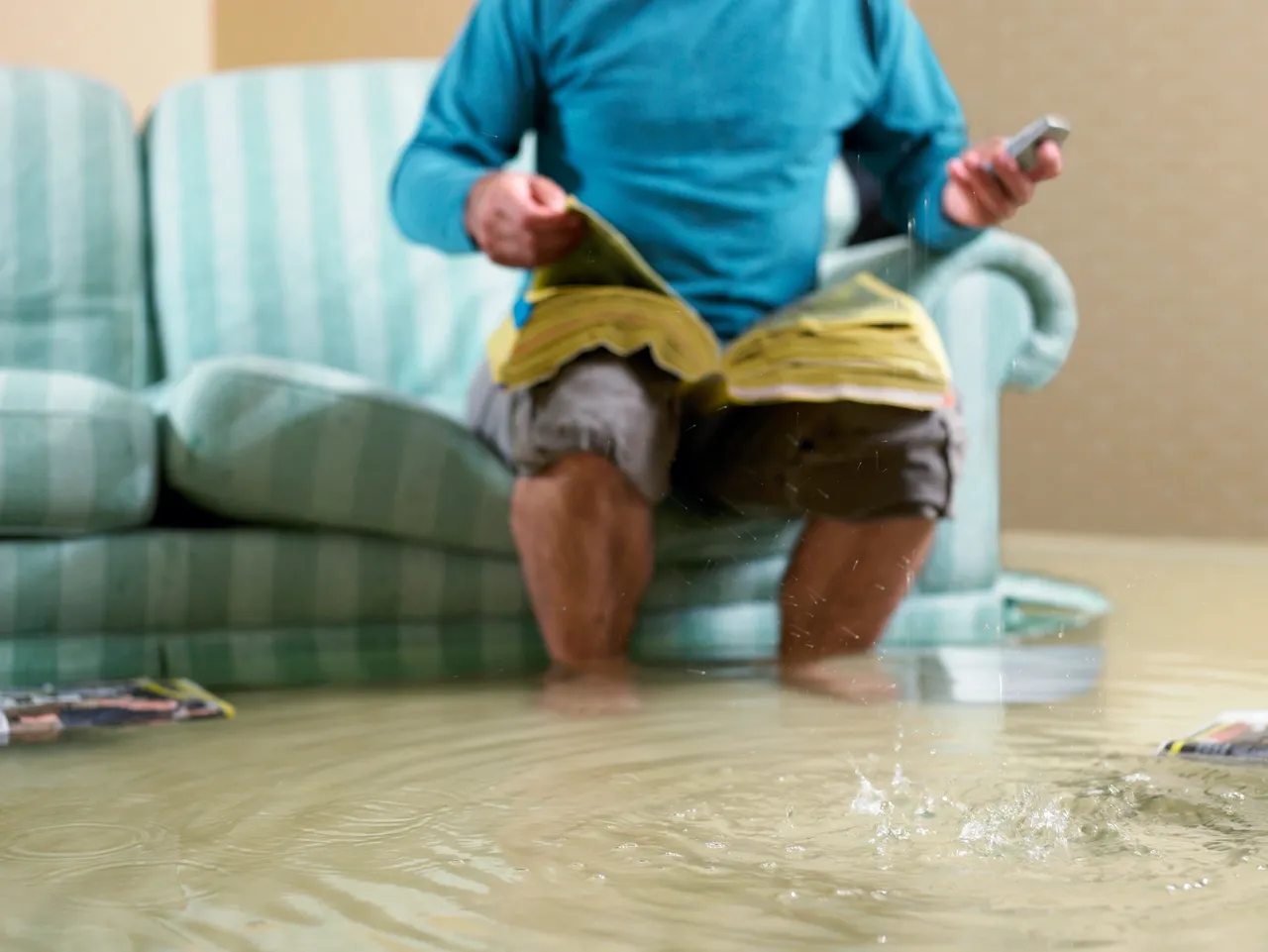When it comes to property management, distinguishing between maintenance issues that require immediate action and those that could wait for regular business hours is crucial. It is essential to identify emergencies accurately to mitigate risks, safeguard the property, and ensure the safety and well-being of tenants. Differentiating between emergencies and routine maintenance can allow you to effectively allocate resources and prioritize tasks.
Maintenance Emergencies
At J. Johnson Property Management, we prioritize emergency maintenance by focusing on risks that pose an immediate threat.
What constitutes a maintenance emergency?
A maintenance emergency refers to a situation that requires immediate attention and action to prevent further damage, ensure the safety of occupants, and protect the property. It typically involves risks to life, health, or the structural integrity of the building. While the specific criteria may vary depending on the property type and circumstances, here are some general factors that constitute a maintenance emergency:
Immediate threat to life or safety: Any situation that poses an immediate risk to the health, well-being, or safety of tenants is considered an emergency. This includes events such as fires, gas leaks, or severe injuries requiring immediate medical attention.
Potential for extensive property damage: Maintenance issues that have the potential to cause significant damage to the property or its systems may be classified as emergencies. Examples include major water leaks, flooding, or structural damage that could compromise the building's stability.
Health and sanitation concerns: Issues that present immediate health risks or violate sanitation standards may be considered emergencies. This includes major sewage backups, fire hazards, and issues that pose serious health concerns.
Fire Hazards
Fire emergencies demand immediate attention due to the potential risks they pose to life and property. Any signs of fire, including smoke, flames, or the smell of burning, must be addressed urgently. This includes electrical short circuits, overheating appliances, or even minor smoke incidents. Timely action can help prevent catastrophic events and minimize damage. Clear emergency protocols should be in place, including evacuation plans, fire extinguisher locations, and regular fire safety inspections.

Flooding and Water Damage
Water-related emergencies such as severe flooding, burst pipes, or substantial leaks require immediate action. Water damage can lead to structural problems, mold growth, and health hazards. Addressing these issues promptly can help minimize the damage, protect tenant belongings, and restore the property's habitability. Management should have a reliable network of emergency plumbers and restoration services to ensure quick response times in such situations.
Safety Hazards
Certain maintenance issues pose significant safety risks and should be considered emergencies. These hazards can include:
Gas leaks: The presence of a gas leak is an immediate threat due to the potential for explosions or asphyxiation. Property managers should prioritize gas leaks and have emergency procedures in place, such as evacuating the property, shutting off the gas supply, and contacting the relevant authorities.
Structural damage: Any substantial damage to the property's structure, such as a collapsed roof or compromised walls, poses an immediate risk to the safety of occupants. These issues require immediate attention to ensure the structural integrity of the building and prevent potential accidents or injuries.
Hazardous spills or materials: Spills of hazardous substances, such as chemicals, fuels, or cleaning agents, can pose health risks and physical harm. Property managers should have protocols in place to handle and contain hazardous spills immediately, ensuring the safety of tenants and the proper disposal of the materials involved.
Structural or equipment malfunctions in recreational areas: If there are common areas or amenities in the property, such as swimming pools, playgrounds, or fitness facilities, any structural damage or equipment malfunctions that could result in accidents or injuries should be addressed urgently. This includes broken pool railings, defective playground equipment, or malfunctioning gym machinery.
It is important to establish clear protocols and communication channels to effectively identify and respond to maintenance emergencies. This includes providing tenants with guidelines on reporting emergencies, maintaining an updated list of emergency contacts, and having a reliable network of professionals available for immediate response.
Non-Urgent Maintenance Issues
Non-urgent maintenance issues can generally wait until regular business hours for several reasons. While these issues may still require attention and resolution, they are typically not considered immediate threats to the safety or habitability of the property.
Here are some examples of maintenance issues that can typically wait for regular business hours:
Minor plumbing repairs: Dripping faucets, running toilets, or minor leaks that do not pose an immediate threat can usually wait until regular business hours. These issues, although inconvenient, can be addressed during the next available appointment without significant consequences.
Non-urgent electrical problems: If there are no immediate safety concerns or risks associated with electrical issues, such as non-functional outlets, non-essential lighting fixtures, or minor power fluctuations, these can often be scheduled for regular business hours.
Heating, ventilation, and air conditioning (HVAC) maintenance:Unless there are extreme temperature conditions that endanger the health and safety of tenants, routine HVAC maintenance or non-functioning air conditioning units can be addressed during normal working hours.
Non-critical appliance repairs: If a non-essential appliance, such as a dishwasher, garbage disposal, or microwave, malfunctions, it can generally wait until regular business hours. However, if the appliance poses a safety hazard or affects essential functions, it may require immediate attention.
Cosmetic repairs: Issues such as minor wall cracks, chipped paint, or loose tiles that do not affect the structural integrity of the property or pose safety risks can usually wait until regular business hours. These repairs can be scheduled and addressed based on their priority and impact on the property's aesthetics.
Pest control: While pest infestations should be addressed promptly to prevent further spread, certain non-urgent situations, such as occasional sightings of insects or non-hazardous pests, can be dealt with during regular business hours.
Routine landscaping and gardening: Unless there are significant safety concerns or immediate risks associated with the property's landscaping, routine maintenance tasks, such as mowing the lawn, pruning trees, or planting flowers, can be scheduled during regular business hours.
While non-urgent maintenance issues can wait until regular business hours, there should still be prompt responses and communication with tenants about the timeframe for addressing the problem. Clear communication channels and responsive customer service help maintain tenant satisfaction.
Prioritizing Safety and Satisfaction at J. Johnson Property Management
At J. Johnson Property Management, we understand the significance of maintenance issues and their impact on the safety, well-being, and satisfaction of tenants. By distinguishing between emergencies and non-urgent matters, we ensure that our resources are allocated efficiently, and immediate risks are addressed promptly.
Our commitment to providing a safe and habitable living environment means that we prioritize emergencies such as fire, flood, and risks to life and property. With J. Johnson Property Management, you can trust that your property is in capable hands, and we are dedicated to meeting the maintenance needs of your property while prioritizing the safety and satisfaction of your tenants. Contact us today!



